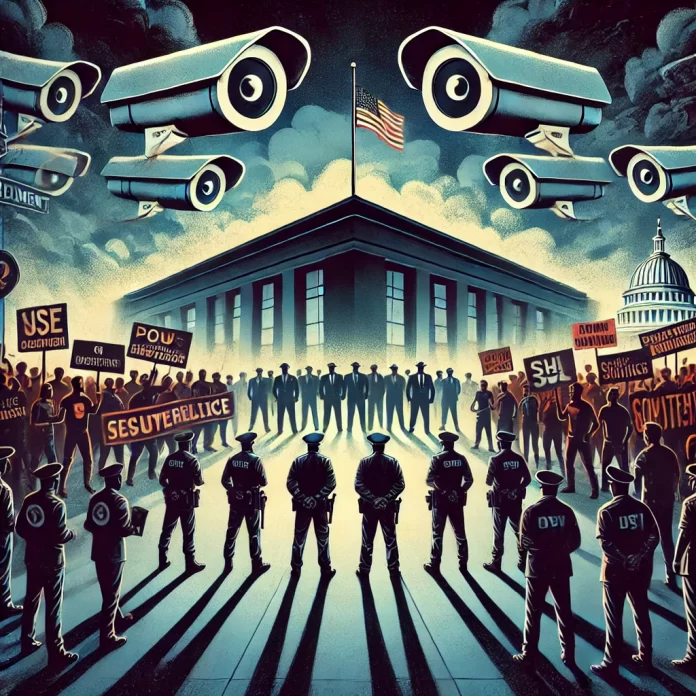The United States government has intensified its scrutiny of Green Card holders and foreign students involved in political activism. The Trump administration has signaled a zero-tolerance policy, emphasizing the deportation of those deemed supportive of terrorism or extremist ideologies.
Crackdown on political demonstrations linked to foreign movements
The Department of Homeland Security has increased efforts to monitor permanent residents engaged in political demonstrations, especially those linked to foreign movements. The administration argues that certain political activities pose national security risks. A senior White House official, speaking on condition of anonymity, said the government “will not tolerate individuals who exploit their residency status to promote anti-American agendas.”
The new enforcement measures have raised concerns among immigration advocates. “This broad interpretation of national security could be used to silence dissent and target immigrants unfairly,” said Sarah Pierce, an immigration policy analyst at the Migration Policy Institute. “Green Card holders have historically participated in political discourse without fear of retribution. This marks a shift.”
Foreign Students Under Surveillance for Campus Activism
The Trump administration’s policy extends to foreign students, many of whom participate in campus activism. The Department of State has instructed universities to report students involved in politically sensitive protests. A senior official from the U.S. Immigration and Customs Enforcement (ICE) emphasized that any association with groups promoting radical ideologies could result in visa revocation and deportation.
“Foreign nationals do not have the right to engage in activities that threaten U.S. interests,” the official told The Washington Post. “We closely monitor cases where students participate in movements that align with foreign extremist organizations.”
International student organizations fear that these measures could lead to racial profiling and discrimination. “Many students come to the U.S. to learn about democracy and free speech,” said a spokesperson for the American Civil Liberties Union (ACLU). “Instead, they are being watched and punished for expressing their views.”
Political activism among non-citizens could lead to deportation
Legal experts warn that the government’s aggressive stance on political activism among non-citizens could lead to deportation spikes. Immigration attorney David Leopold, former president of the American Immigration Lawyers Association, said the administration’s stance is legally questionable. “Permanent residents have constitutional protections,” he told CNN. “Deporting individuals based on political speech could violate the First Amendment.”
The administration, however, maintains that the focus is on national security. “We are not targeting political speech,” a Department of Justice spokesperson said. “We are acting against individuals who support or associate with terrorist organizations.”
Policy sparks criticism from international allies
The policy has sparked criticism from international allies. Canada’s immigration minister, Marc Miller, called the approach “deeply troubling,” warning that it could affect U.S. diplomatic relations. “Canada stands for freedom of expression,” Miller said. “Targeting individuals for political beliefs is a dangerous precedent.”
Domestically, the policy has also divided lawmakers. Republican Senator Tom Cotton defended the administration’s actions, arguing that “America must protect itself from foreign influence.” Meanwhile, Democratic Senator Alex Padilla condemned the move as “a blatant attempt to suppress political engagement.”
Green Card holders and foreign students remain on edge
As enforcement intensifies, Green Card holders and foreign students stay on edge. Immigration attorneys report an increase in inquiries from clients fearing deportation. Activists warn that such policies could discourage talented individuals from pursuing opportunities in the U.S.
For now, the Trump administration’s message is clear: Political activism by non-citizens, particularly in sensitive areas, will face harsh consequences. The impact of these measures on free speech, immigration, and international relations remains to be seen.

